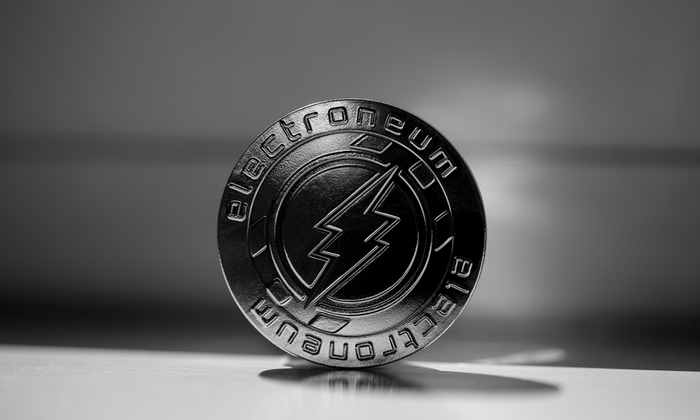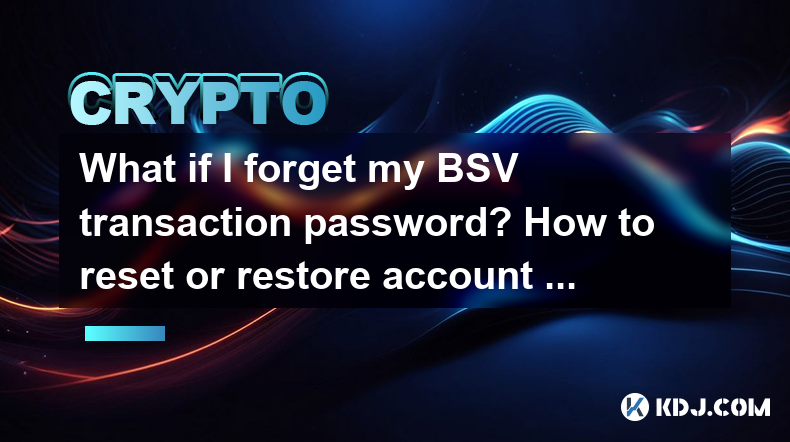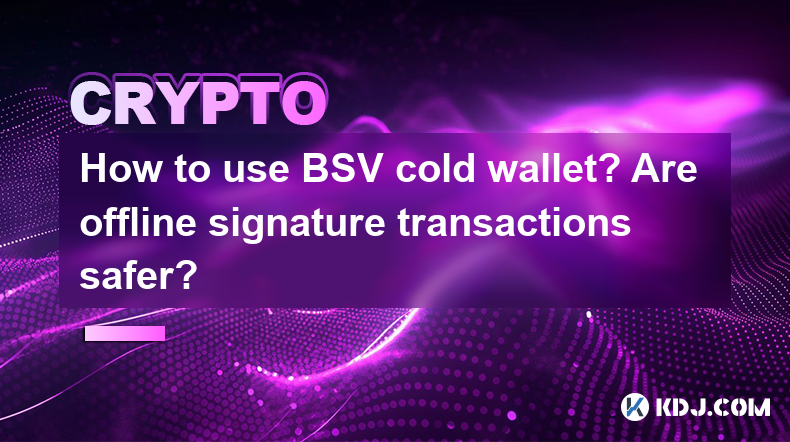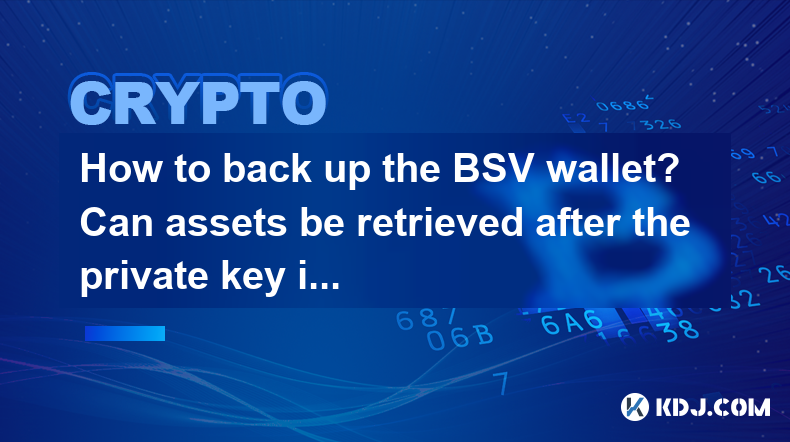-
 Bitcoin
Bitcoin $96,844.5675
0.57% -
 Ethereum
Ethereum $1,841.2360
0.26% -
 Tether USDt
Tether USDt $1.0004
0.00% -
 XRP
XRP $2.2071
-0.29% -
 BNB
BNB $601.7298
0.40% -
 Solana
Solana $147.9910
-1.70% -
 USDC
USDC $0.9999
-0.01% -
 Dogecoin
Dogecoin $0.1812
0.32% -
 Cardano
Cardano $0.6969
-1.24% -
 TRON
TRON $0.2481
1.51% -
 Sui
Sui $3.4181
-3.49% -
 Chainlink
Chainlink $14.6398
-0.95% -
 Avalanche
Avalanche $21.2582
-1.78% -
 Stellar
Stellar $0.2737
-0.09% -
 UNUS SED LEO
UNUS SED LEO $8.8628
-1.52% -
 Shiba Inu
Shiba Inu $0.0...01343
-0.65% -
 Toncoin
Toncoin $3.1653
-1.24% -
 Hedera
Hedera $0.1862
-0.05% -
 Bitcoin Cash
Bitcoin Cash $378.9791
5.06% -
 Hyperliquid
Hyperliquid $20.8823
5.21% -
 Litecoin
Litecoin $87.8029
-1.41% -
 Polkadot
Polkadot $4.1580
-0.52% -
 Dai
Dai $1.0000
0.01% -
 Monero
Monero $283.7904
3.95% -
 Bitget Token
Bitget Token $4.4346
1.19% -
 Ethena USDe
Ethena USDe $1.0008
0.04% -
 Pi
Pi $0.5954
-1.36% -
 Pepe
Pepe $0.0...08670
-0.29% -
 Aptos
Aptos $5.4345
-1.35% -
 Uniswap
Uniswap $5.2460
-1.30%
How to buy Electroneum(ETN) coins on mobile phone
To acquire Electroneum (ETN) tokens on a mobile device, individuals should select a suitable cryptocurrency exchange platform that supports ETN trading, create an account, fund it, and execute a buy order after identifying the ETN trading pair.
Dec 05, 2024 at 09:26 am

How to Buy Electroneum (ETN) Coins on Mobile Phone
Introduction
Electroneum (ETN) is a cryptocurrency designed to facilitate instant and low-cost payments, with a primary focus on mobile users. As an emerging digital asset, understanding how to buy ETN coins on a mobile phone is essential for those seeking to engage in its ecosystem.
Step 1: Choose a Suitable Exchange
- Binance: Binance is the world's largest cryptocurrency exchange, offering a wide selection of coins including ETN. It supports mobile trading and provides a user-friendly interface.
- KuCoin: KuCoin is another popular cryptocurrency exchange that features a wide range of trading pairs including ETN/USDT. It offers a mobile app with advanced trading capabilities.
- HitBTC: HitBTC is a reputable cryptocurrency exchange known for its deep liquidity and low trading fees. It supports mobile trading and offers ETN trading against several fiat currencies.
Step 2: Create an Exchange Account
Once you have selected an exchange, you will need to create an account. This typically involves providing personal information such as your name, email address, and a password. Some exchanges may require additional verification steps for enhanced security.
Step 3: Fund Your Account
To purchase ETN coins, you will need to fund your exchange account with fiat currency or another cryptocurrency. Most exchanges allow you to deposit funds using a variety of methods, including bank transfers, credit/debit cards, and third-party payment processors.
Step 4: Find the ETN Trading Pair
After your account is funded, navigate to the exchange's trading interface. Search for the ETN trading pair, such as ETN/USDT or ETN/BTC. This will display the current market for ETN.
Step 5: Place a Buy Order
To buy ETN coins, you can place a buy order. Choose the type of order you want to place, such as a market order or a limit order. Specify the amount of ETN you wish to purchase and confirm the transaction.
Step 6: Wait for Execution
Once you have placed a buy order, the exchange will match it with a sell order at the specified price. Wait for the order to be executed, which may take a few moments or longer depending on market conditions.
Step 7: Store Your ETN Coins
After the order is executed, your ETN coins will be credited to your exchange account. You can leave them on the exchange's wallet or transfer them to a personal cryptocurrency wallet for enhanced security and control.
Disclaimer:info@kdj.com
The information provided is not trading advice. kdj.com does not assume any responsibility for any investments made based on the information provided in this article. Cryptocurrencies are highly volatile and it is highly recommended that you invest with caution after thorough research!
If you believe that the content used on this website infringes your copyright, please contact us immediately (info@kdj.com) and we will delete it promptly.
- Ruvi AI Leverages Ethereum's Pectra Upgrade to Deliver Scalable and AI-Powered Solutions
- 2025-05-03 08:15:12
- This fast-growing flower will turn your yard into a hummingbird haven like magic
- 2025-05-03 08:15:12
- Ripple Achieves Another Regulatory Milestone, Securing a Full License from the Dubai Financial Services Authority
- 2025-05-03 08:10:14
- Anthony Scaramucci Predicts Elon Musk Could Integrate Crypto into X's Upcoming "Super App"
- 2025-05-03 08:10:14
- The IRS lost two key directors working on crypto initiatives, Seth Wilks and Raj Mukherjee
- 2025-05-03 08:05:13
- title: Stellar (XLM) Launches MoneyGram Ramps API to Democratize Cash-to-Crypto On-Off Ramping
- 2025-05-03 08:05:13
Related knowledge

BSV transaction fees suddenly increased? How to adjust the handling fee to save costs?
May 02,2025 at 06:42am
Understanding BSV Transaction FeesBSV (Bitcoin SV) aims to fulfill the original vision of Bitcoin as a peer-to-peer electronic cash system. One of the key elements in this system is the transaction fee, which compensates miners for including transactions in the blockchain. Recently, users have noticed a sudden increase in BSV transaction fees, which can...

How to solve the high slippage of BSV transactions? How to choose between limit and market orders?
May 02,2025 at 09:01pm
High slippage can be a significant concern for traders dealing with Bitcoin SV (BSV) transactions. Slippage refers to the difference between the expected price of a trade and the price at which the trade is actually executed. This can occur in fast-moving markets or when there is low liquidity. To address this issue, understanding the mechanics of slipp...

How to check BSV transaction records? How to use the blockchain browser?
May 03,2025 at 06:50am
Checking BSV (Bitcoin SV) transaction records and using a blockchain browser are essential skills for anyone involved in the cryptocurrency space. These tools allow you to verify transactions, check wallet balances, and understand the flow of funds on the blockchain. This article will guide you through the process of checking BSV transaction records and...

What if I forget my BSV transaction password? How to reset or restore account permissions?
May 02,2025 at 02:49pm
Forgetting your BSV (Bitcoin SV) transaction password can be a stressful experience, but there are steps you can take to reset or restore your account permissions. This article will guide you through the process, ensuring you understand each step and potential solutions available to you. Understanding BSV Transaction PasswordsBSV transaction passwords a...

How to use BSV cold wallet? Are offline signature transactions safer?
May 02,2025 at 05:21am
Using a BSV (Bitcoin SV) cold wallet involves several steps to ensure the secure storage and management of your cryptocurrency. A cold wallet, also known as a hardware wallet or offline wallet, is a physical device that stores your private keys offline, making it much more secure than keeping your keys on a computer or mobile device connected to the int...

How to back up the BSV wallet? Can assets be retrieved after the private key is lost?
May 01,2025 at 11:50pm
Introduction to BSV Wallet BackupBacking up your BSV (Bitcoin SV) wallet is a crucial step in safeguarding your digital assets. The process involves securing your private keys, which are essential for accessing and managing your BSV. Understanding how to back up your wallet and the implications of losing your private key is vital for any cryptocurrency ...

BSV transaction fees suddenly increased? How to adjust the handling fee to save costs?
May 02,2025 at 06:42am
Understanding BSV Transaction FeesBSV (Bitcoin SV) aims to fulfill the original vision of Bitcoin as a peer-to-peer electronic cash system. One of the key elements in this system is the transaction fee, which compensates miners for including transactions in the blockchain. Recently, users have noticed a sudden increase in BSV transaction fees, which can...

How to solve the high slippage of BSV transactions? How to choose between limit and market orders?
May 02,2025 at 09:01pm
High slippage can be a significant concern for traders dealing with Bitcoin SV (BSV) transactions. Slippage refers to the difference between the expected price of a trade and the price at which the trade is actually executed. This can occur in fast-moving markets or when there is low liquidity. To address this issue, understanding the mechanics of slipp...

How to check BSV transaction records? How to use the blockchain browser?
May 03,2025 at 06:50am
Checking BSV (Bitcoin SV) transaction records and using a blockchain browser are essential skills for anyone involved in the cryptocurrency space. These tools allow you to verify transactions, check wallet balances, and understand the flow of funds on the blockchain. This article will guide you through the process of checking BSV transaction records and...

What if I forget my BSV transaction password? How to reset or restore account permissions?
May 02,2025 at 02:49pm
Forgetting your BSV (Bitcoin SV) transaction password can be a stressful experience, but there are steps you can take to reset or restore your account permissions. This article will guide you through the process, ensuring you understand each step and potential solutions available to you. Understanding BSV Transaction PasswordsBSV transaction passwords a...

How to use BSV cold wallet? Are offline signature transactions safer?
May 02,2025 at 05:21am
Using a BSV (Bitcoin SV) cold wallet involves several steps to ensure the secure storage and management of your cryptocurrency. A cold wallet, also known as a hardware wallet or offline wallet, is a physical device that stores your private keys offline, making it much more secure than keeping your keys on a computer or mobile device connected to the int...

How to back up the BSV wallet? Can assets be retrieved after the private key is lost?
May 01,2025 at 11:50pm
Introduction to BSV Wallet BackupBacking up your BSV (Bitcoin SV) wallet is a crucial step in safeguarding your digital assets. The process involves securing your private keys, which are essential for accessing and managing your BSV. Understanding how to back up your wallet and the implications of losing your private key is vital for any cryptocurrency ...
See all articles





















































































